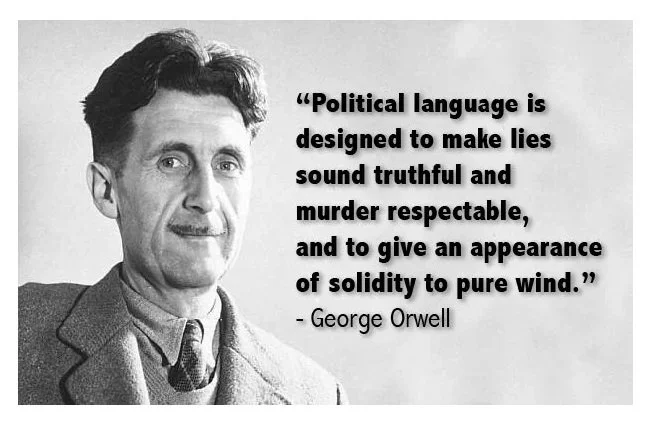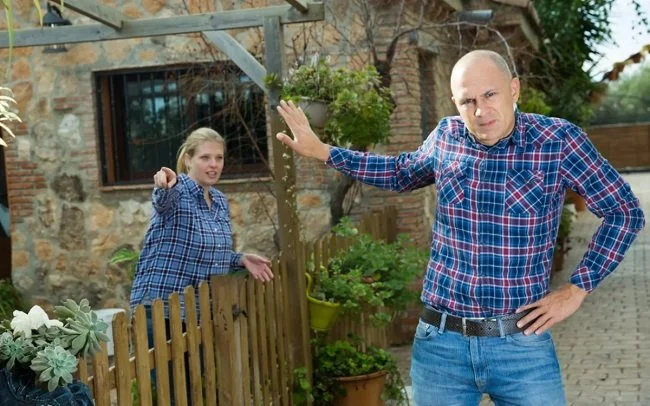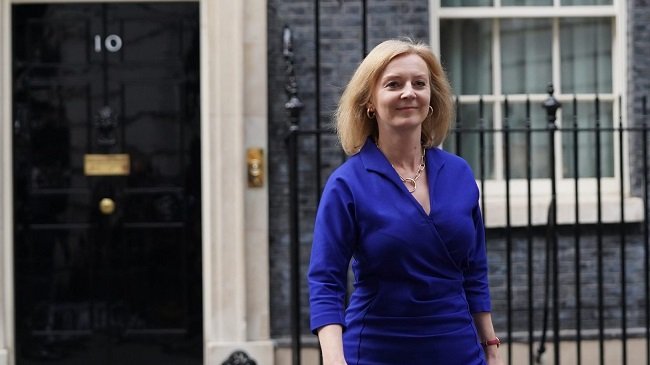“Trial by Media” and the Court of Public Opinion
On Friday 15th September the former actor and comedian turned internet social commentator, Russell Brand, released a video on his YouTube channel addressing allegations about his personal life, ahead of a forthcoming UK current affairs documentary. Brand vehemently denied what he described as “very serious criminal allegations”. The following day Channel Four broadcast “Russell Brand: In Plain Sight”. During the course of the program Brand was accused by one woman of rape and by three others of sexual assaults, and emotional abuse between 2006 and 2013. During the course of the week, further claims have been made against him and that his “predatory” behaviour was an open secret within the TV industry. Furthermore, women would warn each other in advance if they had any dealing with him. All of which has played out against a mixture of broadsheet analysis, tabloid hyperbole, performative politics and internet bluster.
Is this debacle becoming the 21st century version of “l’affaire Dreyfus” It certainly makes you wonder. Another historical phrase that springs to mind is “Star Chamber”. Because contemporary discourse around political and social issues has become so emotionally (and not intellectually) partisan, it has become increasingly difficult to address topical matters of this kind in a measured and intelligent manner. Plus Brand himself is a polarising figure, that the mainstream media has actively cultivated in an odd, symbiotic or even a parasitic relationship over the years. The man generates headlines due to his behaviour and the press then perpetuates “interest” in such matters in the way they choose to report and depict such behaviour. However, now it seems expedient to turn on the proverbial goose that lays the golden egg and join the opprobrium and censure because that is now a superior business model.
At present, there is a growing amount of information in the public domain to suggest that Brand’s behaviour in the past has been unacceptable and has been indulged by those who should not have allowed it. Possibly because it was good business and irrespective of the consequences, which is a sad but familiar story. As members of the public, we are entitled to consider the information presented, seek out further data and then reflect upon its authenticity and relevance. We can then determine if the information has a moral and ethical dimension in comparison to our own personal standards. However, what happens next seems to be the point of dispute. To what extent (if any) should public opinion have any impact upon the individual at the centre of the allegations? In the case of Russell Brand should public opprobrium have a direct influence upon his life? We may judge his behaviour, lifestyle and morality but should public opinion be allowed to directly or indirectly levy sanctions?
Transgressions of the law are dealt with by the legal system, which is independent, accountable and transparent. Cases can be presented and punished if a conviction is secured. If a case cannot be proven, then the accused can consider themselves absolved. If need be, they can seek restitution. At some point, Russell Brand may well appear in court if charges are made, and the CPS deem it in the public interest to prosecute. However, successfully securing a conviction is notoriously difficult when it comes to sexual offences. Procedural, cultural and personal biases impede the process and juries are reluctant to convict when evidence ultimately comes down to contradictory, personal testimony. Hence a legal resolution is difficult, despite the fact it is the preferential route. But what happens if there is no legal approach to resolve the situation? We are left in a state of limbo where nothing has been formally resolved but remains nebulous and unproven. It can be damaging to all concerned parties.
As mentioned previously, the public are entitled to consider matters and withdraw support if they see fit to do so. Hence people who previously followed Russell Brand on social media can unsubscribe and cease any payments if they wish. With regard to YouTube demonetising his channel, this is nothing more than standard business practice. It is common protocol for companies to distance themselves from anyone when serious allegations are made against them. It is not so much a moral sanction against the one accused, but more a question of ensuring that the business, in this case YouTube, does not incur any legal entanglements in a wider context and to avoid negative PR. However, do not attribute such corporate behaviour as something driven by morality, as YouTube seems to enforce its terms and conditions very selectively.
However, what is thoroughly questionable is the chair of the UK Culture, Media and Sport Committee, Dame Caroline Dinneage, writing to the video hosting service Rumble requesting that Russell Brand’s channel there is demonetised. “We would be grateful if you could confirm whether Mr Brand is able to monetise his content, including his videos relating to the serious accusations against him. If so, we would like to know whether Rumble intends to join YouTube in suspending Mr Brand’s ability to earn money on the platform”. It should be noted that Caroline Dinneage, although a peer, does not represent the UK government and that the committee has no authority outside of the UK. Publicly assuming that unproven criminal accusations are true and then “championing” them for political gain, undermines trust and the assumption of good faith of politicians and national institutions. However, politicians can seldom resist the gravitational pull of a passing bandwagon.
With all these things in mind, it would appear that the Russell Brand situation is currently at an impasse. Allegations have been made but as of yet, no criminal proceedings are being undertaken. The polarising nature of Russell Brand, the complaints and the tone of public discourse around them has led to this whole matter becoming part of the wider, ongoing culture wars. Women’s groups and other sociopolitical lobby groups do not feel obliged to maintain a position of “innocent until proven guilty”. And libertarians and other groups leaning towards Brand’s stance on conspiracy theories and the “deep state”, are rallying to his support as they see what is happening to him as part of a larger crackdown on dissent. Elon Musk, Joe Rogan and GB News are not allies some would wish to be associated with. The recent addition of support from former comedian Michael Barrymore seems to imply that anyone with a beef against the media may be a potential ally.
Hence, while this impasse remains, the so-called “court of public opinion” and “trial by media” are left unchecked and unchallenged. I have my own opinions about Russell Brand, but I am reticent to voice them as they contribute to the ongoing drip effect of speculation and personal bias that makes resolving the matter legally more difficult. It is possible that I could be called for jury service and find myself participating in his trial. Yet we live in an age of celebrity tittle-tattle and gossip. Many of us wag our finger disapprovingly but such content is voraciously consumed. People wear their bias openly on their sleeve these days, where in the past they tried to hide it. They are quick to pass judgement regardless of what facts later emerge. Let us not forget the case of singer Cliff Richard. Sadly, until events move forward all we are left with is the “court of public opinion” which is unfair, unreliable and unsanctioned. It is also open to manipulation. From both sides. In the days to come it would be wise to keep an eye on Brand supporters. I suspect some pushback is due.




























